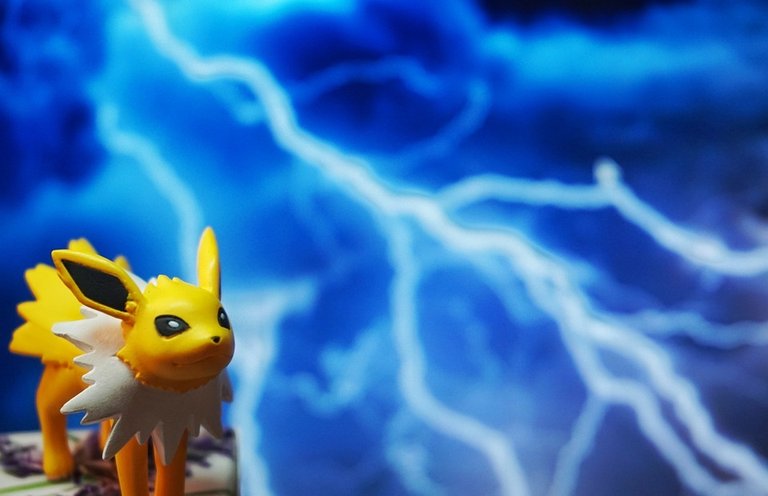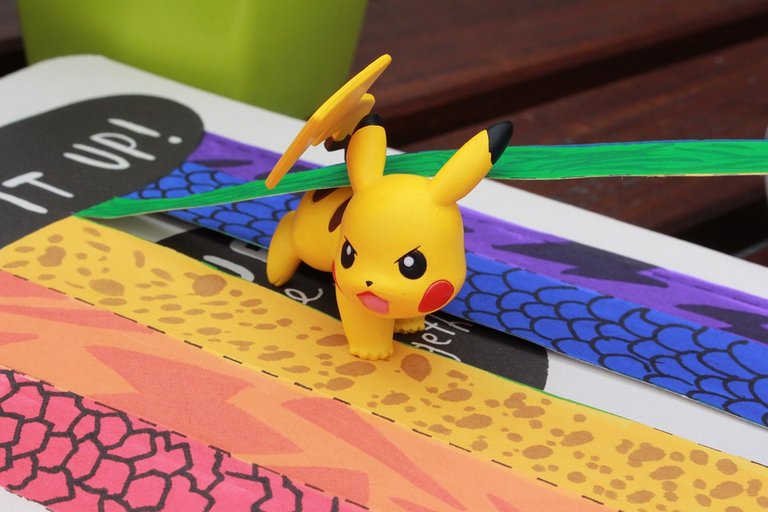Have you heard of the recent lawsuit filed by Nintendo and The Pokémon Company against Pocketpair, the developer of Palworld?
It serves to further reveal a growing, corrupt symptom within the video game industry.
Stifling creativity and innovation.

It's more than just a legal dispute between two companies over patent infringement.
With Palworld, the similarities in concept to Pokémon are unmistakable.
There's the collecting of creatures, the battling aspect, and even similarities in design to some Pokémon. But is this really a lawsuit waiting to happen, or is it merely a giant gaming company trying to stomp out the competition? Various tropes have existed in many forms in literature, mythology, and games for many centuries.
The concept of collection and fighting with the help of creatures is not new to Pokémon. Pokémon really didn't invent it; they just popularized it in the arena of gaming.
Where do we draw the line between inspiration and infringement?
The most worrying aspect of this lawsuit, however, is the overall chilling effect on indie developers. A small studio like Pocketpair now has to defend itself against a giant like Nintendo, an ultimate David versus Goliath story. This could see other indie developers shy away from innovating ideas due to the threat of legal action.
The whole concept within the gaming industry is about iteration and evolution.
Most games that people love today are iterations of ideas from other games. If every game that had similarities with another was sued, there would be very little variety within the gaming world.
In addition, the success of Palworld, with over 25 million players in one month, shows at least that there is a market for games that expand genres. Players are demonstrably hungry for new takes on old concepts. Should this hunger for innovation be suppressed by over-inclusive copyright protection?
Worth noting, however, Palworld is not exactly a Pokémon clone, since new things are added into the mix, such as base building and some survival mechanics.
For that matter, the addition of firearms, although highly controversial, also sets it apart from the somewhat family-friendly Pokémon franchise. These differences raise some questions with regard to Nintendo's claims.
The timing coincidence is even more suspicious.
Why file the lawsuit after Palworld stood tall and proud? The first trailer came in 2021, and one would have expected extra care at least by Nintendo and The Pokémon Company ahead of the game's release. With the lateness of such a reaction, it very much seems that the lawsuit bears more relation to market share than intellectual property.
There is, of course, the matter of consumer choice.
If gamers are drifting toward Palworld, that would seem to indicate it offers something that Pokémon does not. Rather than threaten legal action, Nintendo could take a moment to look inward. What specifically about Palworld are players so fond of? Where, if anywhere, is the Pokémon franchise not moving with the times?

The result of the lawsuit might have serious repercussions on the gaming industry.
In the event that Nintendo wins, this would set a very bad precedent whereby big companies can make use of lawsuits to condemn the smaller ones to oblivion. That would hurt the consumers in the long run by reducing their choices of products and innovations in the market.
On the other hand, if Pocketpair wins, the floodgates may be opened toward more innovative and audacious game designs. Developers, and indeed anyone else, can cross boundaries that were until now considered sacrosanct.
But as gamers, that is not all we should be concerned about when it comes to this lawsuit.
As great as it is that intellectual property can be protected, we have to protect the creative spirit which moves the industry along. A balance needs to be drawn between respect for established franchises and allowing new ideas to emerge.
Posted Using InLeo Alpha